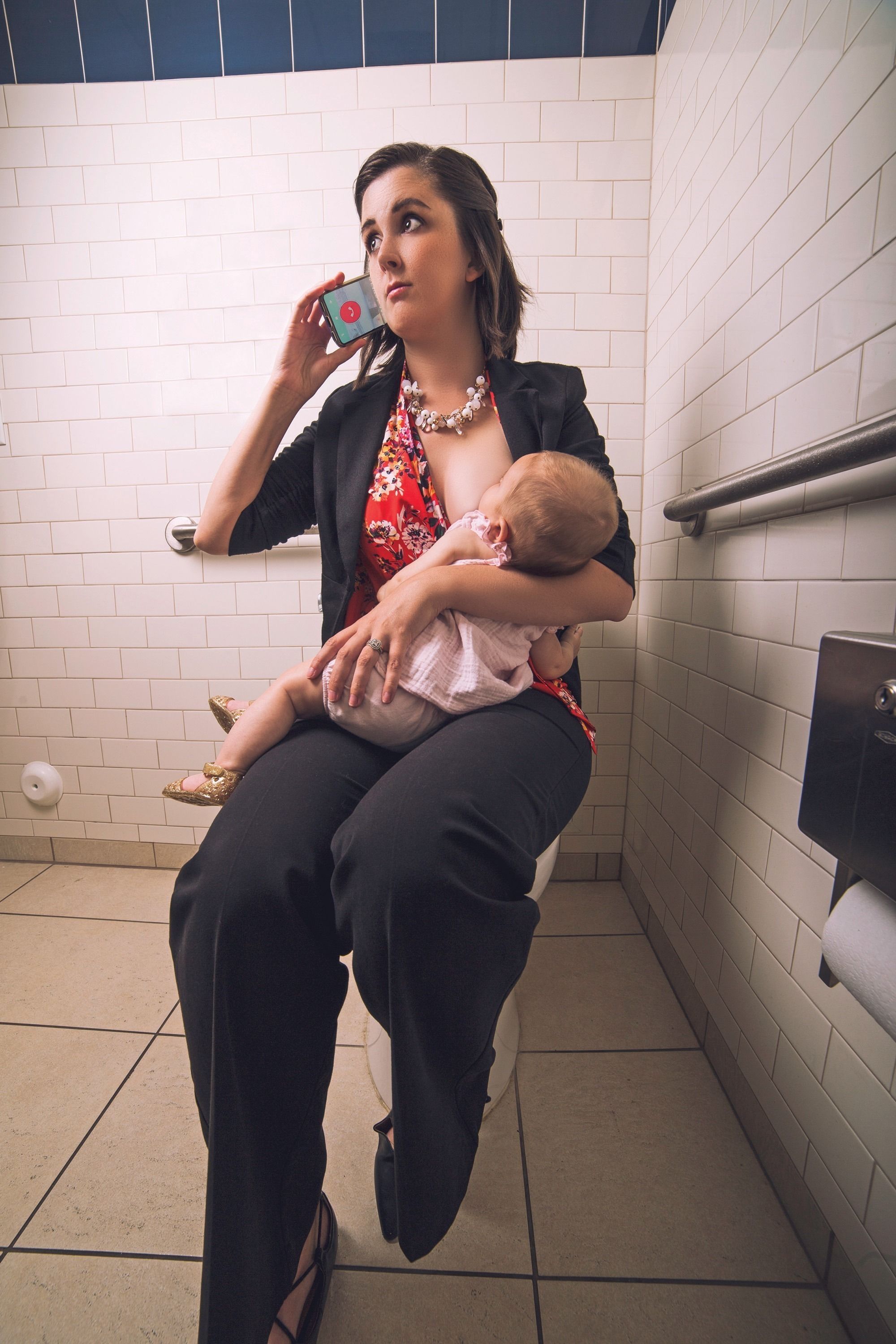The right to breastfeed isn’t only about feeding babies. It’s also about reproductive rights, gender equality, and social justice.
“We want mothers to be able to work and we want them to be able to participate fully in public life,” says Paige Hall Smith, professor of public health education and director of UNCG’s Center for Women’s Health and Wellness. “Being able to feed your child the way you want is part of that.”
Dr. Smith is a trailblazer in scholarly activity concerning the sociocultural, economic, health, and political contexts that influence women’s ability to breastfeed. For 12 years she has organized the Breastfeeding and Feminism International Conference, or BFIC. It’s one of the main breastfeeding conferences in the United States, and the only one focused around social justice, women’s rights, and structural systems that either inhibit or encourage breastfeeding.
This year, the fourth volume of essays from conference participants, “Breastfeeding, Social Justice, and Equity,” was published by Praeclarus Press. Smith edited the volume with Dr. Miriam Labbok, then director of the Carolina Global Breastfeeding Institute at UNC Chapel Hill and BFIC co-organizer, and UNCG doctoral student Brittany Chambers.
Essay topics are diverse and far-reaching, including discussions of emergency global situations where breastfeeding support determines the survival of infants, and conversations about chronically vulnerable populations in the United States.
“There’s still a lot of disparity in breastfeeding by race, by social class, by education, by income across communities,” says Smith. “Women who are able to control their life, their space, and their time are much more likely to breastfeed and breastfeed for longer.”
Much of the research in the book focuses on the workplace and structural changes necessary to support breastfeeding. Smith and her colleagues have found that most contemporary work environments, both in the U.S. and globally, are not prepared to fully support breastfeeding.
“We continue to have gender expectations and norms that reinforce women as the primary caregivers of children and men as the main economic providers. And we create social structures to buttress these gender roles,” Smith says.
“Bringing babies and breastfeeding into the workplace is a real challenge to our expectations for motherhood and for employees. It challenges both the way we believe work and family should be separated, and what we believe men and women should be doing.”
Since its first incarnation in 2005, the conference has grown significantly. Participants, who have come from 30 countries, include top researchers, policy makers, health care workers, and parent support program advocates. Through a scholarship program, conference organizers bring in voices that might not otherwise be heard, including some of the international participants.
Today, Smith says, as more people become aware of the concerns of breastfeeding families, there is growing support for breastfeeding in health care, in communities, in emergency situations, and in workplaces.
“There’s more and more discussion around breastfeeding and social justice,” Smith observes. “And I think we’ve been instrumental in helping to shape the conversation at the national and global level.”

“We’re identifying the social and economic inequities that affect infant feeding practices and experiences,” says Smith. “And we’re developing strategies to respond to them.”